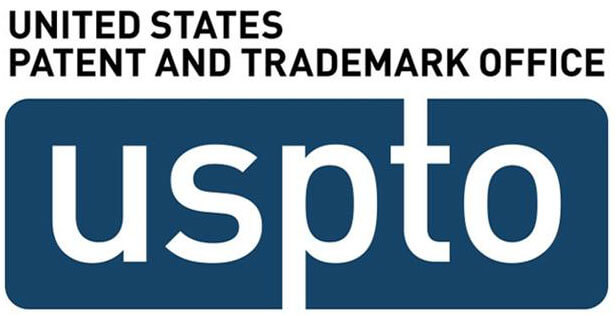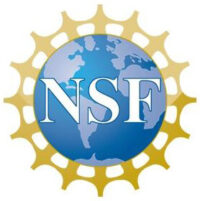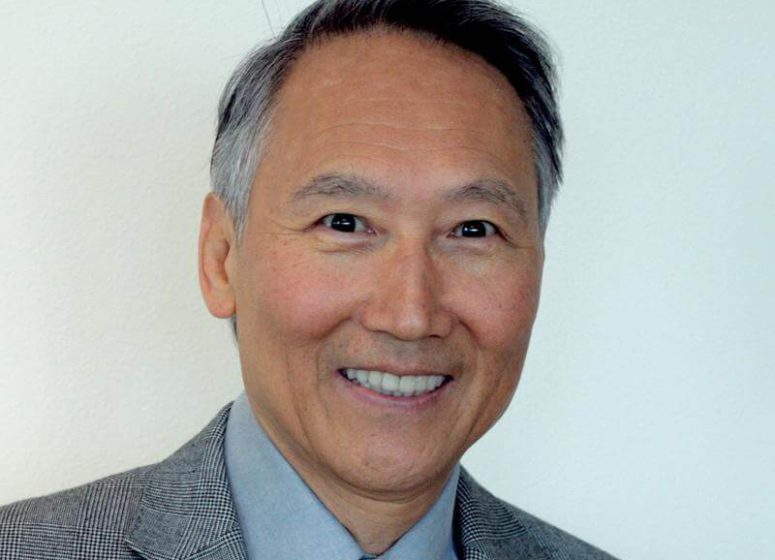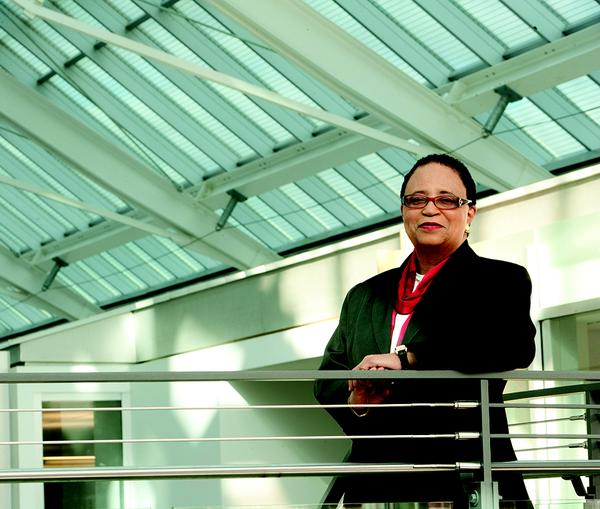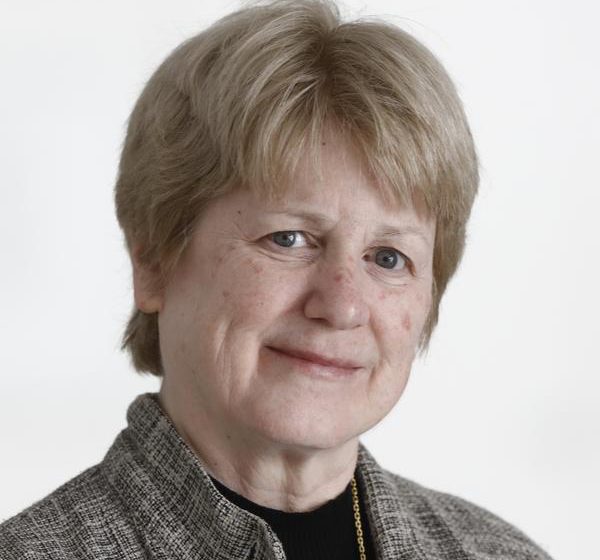May 18, 2018 AT 8:00 am – 5:00 pm
“I proved them wrong. You can do really good science and you can also be concerned about women’s issues.”
An invisible barrier has limited the success of many in science, but Geri Richmond has made it her mission to change that. Her target: bias in science. “It is a difficult issue for women but I think it is even more difficult for our scientists of color,” Richmond said.
Richmond earned the 2013 National Medal of Science in Chemistry for discovering key molecular characteristics of water surfaces. Her research found that the longstanding belief that oil and water “don’t like each other” was incorrect; they “actually do like each other.” Richmond is currently University of Oregon’s presidential chair in science and a chemistry professor.
Richmond and researcher Jo Handelsman discussed the challenges they faced throughout their careers, challenges that plague many women in science, May 10, as part of the National Science & Technology Medals Foundation ongoing “An Evening With” series, at the Wisconsin Institutes for Discovery.
Handelsman researches antibiotic resistance and other public health implications of microbial communities. Handelsman is also the director of the Wisconsin Institute for Discovery.
“The biases are alive and well,” Handelsman said.
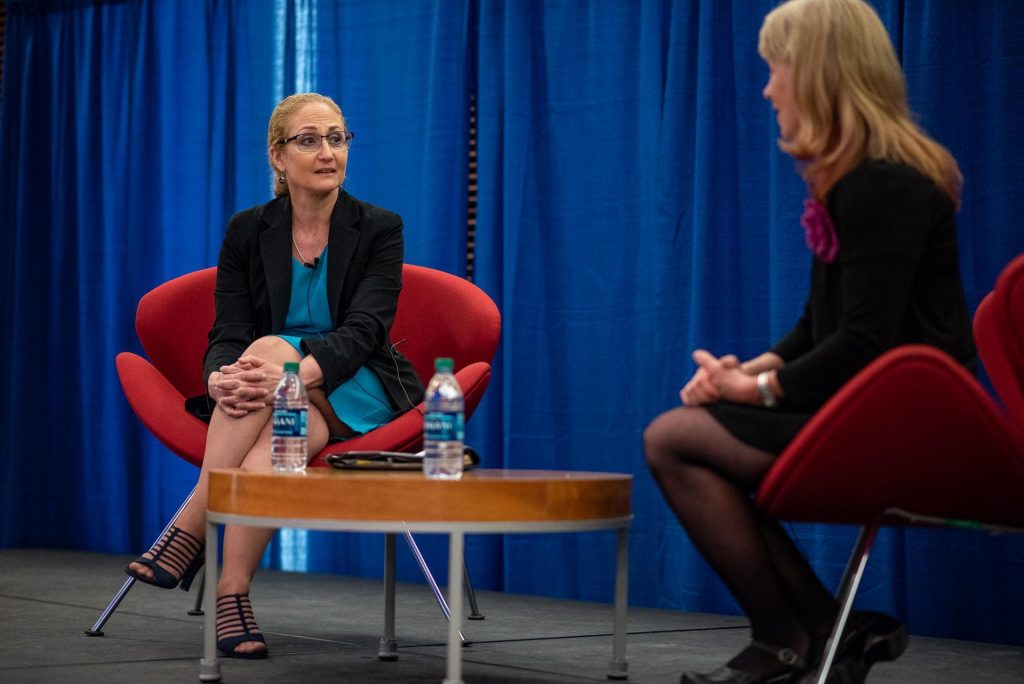
To combat the institutional biases against women in science, Richmond helped to form COACh in 1997, an international organization addressing the challenges they face and offering tips to persevere.
More than 20,000 women have participated in the organization’s professional development workshops. Richmond has personally led workshops with about 4,000 women.
“When we started COACh I was warned that this would be a detriment to my career because it showed that I was interested in something in addition to my science and was distracting me from my science,” she said.
“I proved them wrong. You can do really good science and you can also be concerned about women’s issues,” she added. “If you have a lot of energy like I do, and you are passionate — you follow both of those passions, and you’ll do well in both.”
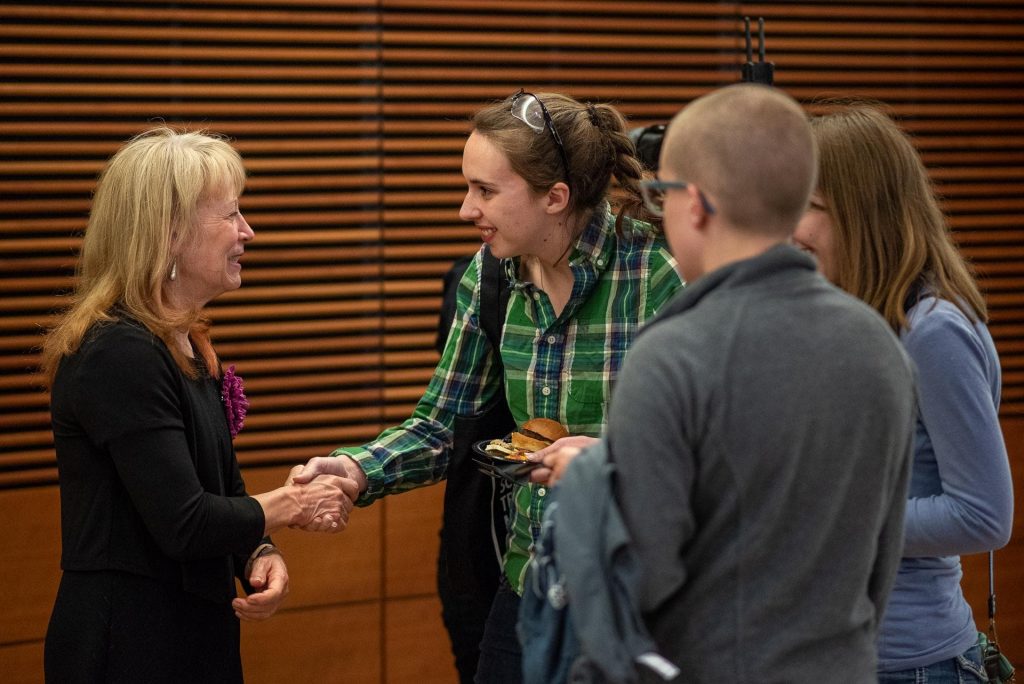
COACh was created just two years before an analysis of MIT faculty showed many of the real-life impacts of bias and implicit discrimination women face in science, including “differences in salary, space, awards, resources,” and career advancement favoring men despite equal professional accomplishments.
“It was really hard initially to convince people that we were really looking at the big picture,” Richmond said.
“Initially, some of the COACh members of our advisory board got feedback that the reason we were doing it was to promote our own careers,” she added. “That made several of the women on the advisory board really uncomfortable.”
COACh trains women on how to be leaders at their research organizations, while being sensitive to the expectations placed on women.
“Women have a narrow set of behaviors that you can display in order to be considered a leader. You have to be both nurturing and also a disciplinarian,” Richmond said.
“With COACh we have a motto, to be relentlessly pleasant. So we are relentless and we are pleasant,” she added. “A lot of what we talk about in our programs is how you do things in a manner that makes your point and you continue to do it in a professional manner.”
“YOU CAN DO REALLY GOOD SCIENCE AND YOU CAN ALSO BE CONCERNED ABOUT WOMEN’S ISSUES.”
Handelsman said progress against institutional bias happens person-by-person and department-by-department, ultimately becoming systemic.
When Handelsman worked as associate director for Science at the White House Office of Science and Technology Policy for the Obama administration, she pushed for more tangible results.
“I really wanted to change the grant system and make sure that our grant reviews were monitored and that the reviewers were trained in bias, that we had adequate training for grant writers to be able to write no matter what their background, no matter what their ethnicity, no matter what their gender,” she said. “None of that got through.”
Richmond did note the National Science Foundation “now does bias training before they bring in review panels, so that is a huge success.”
The implicit bias women face can be coupled with unprofessional behavior.
“It’s being rude. It’s being dismissive. It’s unprofessional. Then we can go all the way to the extreme to sexual harassment,” Richmond said.
“We need to recognize when that happens and call it out when we can,” she added. “My mantra is that even as graduate students and postdocs, you are professionals, and you deserve to be treated as a professional. You deserve to be respected as a professional.”
Education can be a strong defense against those attempting to dismiss researchers who are women or people of color.
“Do the best you can and get your degree … Get the Ph.D. — that gives you credentials,” she said. “Once you have that then you build on that. It’s one step at a time.”
Pursuing an education, conducting research, and fighting bias can become overwhelming, so Richmond advocates for students to build up a routine of stress relief.
“My last bit of advice is go to the gym. I’m serious. If I had not been physically active all of these years, my stress level… I don’t know if I could have survived,” Richmond said. “You can reduce your stress level so much by doing physical activity.”
Handelsman agreed and noted, “the first place we met was in a gym.”
Richmond added, “I don’t think I could do as much as I do now without being physically active.
EVENT SUPPORTED BY
